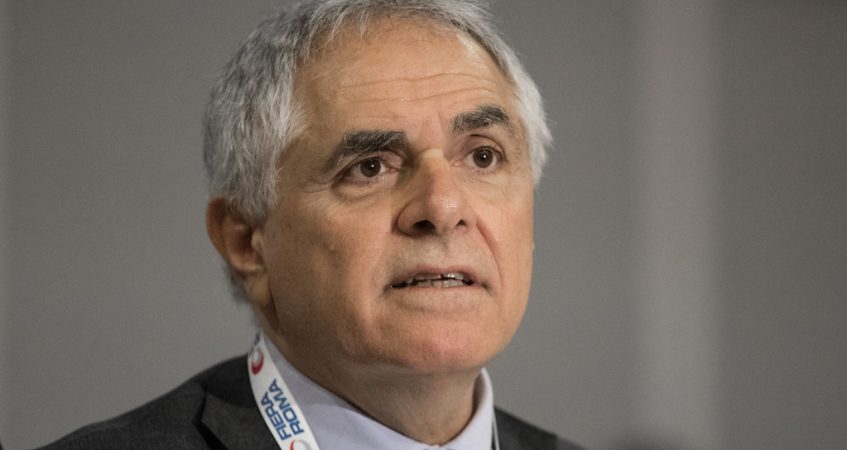The President of LINK 2007 promotes the fight against inequalities and international cooperation in an interview with SBS Radio.

03/07/2023
The President of LINK 2007, Roberto Ridolfi, was a guest on SBS Radio to share the organization’s activities and emphasize the crucial importance of fighting inequalities, providing humanitarian aid, and promoting development cooperation.
During the interview, the President addressed the tragic shipwreck in Greece, highlighting the human obligation, as mandated by international laws, to rescue those in danger at sea. However, he expressed concern about the lack of respect for such obligations. Ridolfi emphasized the importance of adopting an immigration governance system that carefully considers economic, social, and territorial aspects, as outlined in LINK 2007’s document “Immigration Governance and Cooperation with Countries of Origin.”
Regarding immigration, Ridolfi highlighted some key points. Firstly, the importance of informing young people in their home countries by providing them with knowledge and awareness. Secondly, the training of young people to offer them better job prospects both in their home countries and in destination countries. Thirdly, he emphasized the importance of providing necessary tools, including microfinance. Lastly, he underscored the value of networks, particularly diaspora networks, networks of NGOs and CSOs like LINK 2007, microfinance networks, and those that connect young people in countries of origin. He stated that integrating these networks can make a significant difference in addressing immigration-related challenges.
One of the most notable projects carried out by LINK 2007 in collaboration with its partners was “Redemption Song,” which is based on the idea of engaging diasporas, who offer valuable knowledge in both home and destination countries. This project has generated a second phase, currently underway, with the support of the United Nations Development Programme (UNDP). It is hoped that a third phase can be launched soon. To achieve this goal, it is essential to promote dialogue, openness to discussion, and the ability to address long-term challenges.
Click HERE to listen to the interview.
